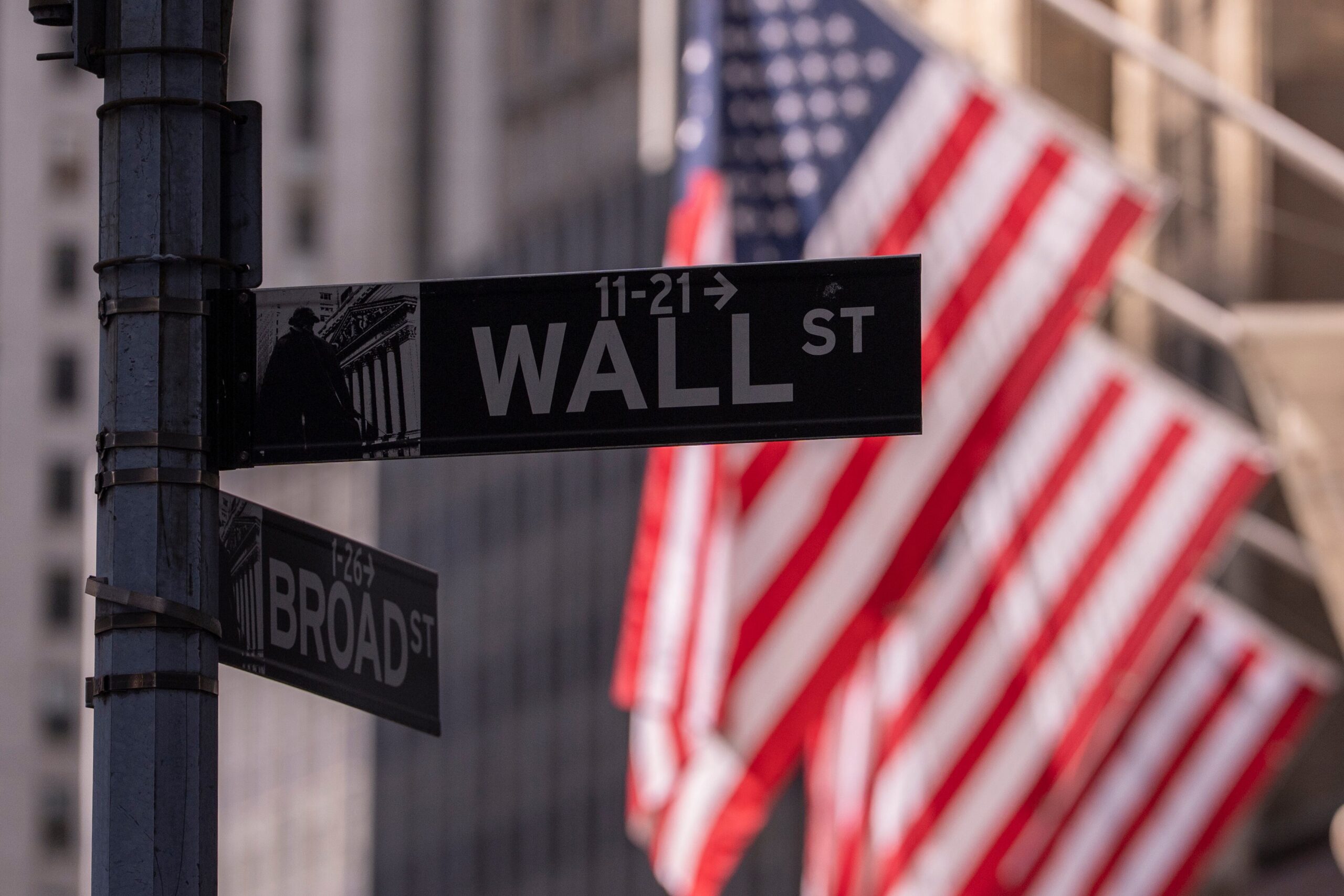MANILAU. After hitting record highs the previous two days, Wall Street’s enthusiasm is slowing down, and U.S. equities are behind Tuesday.
In morning trade, the S&P 500 was down 0.1% and might be headed for its first decline in four days. As of 10:15 a.m. Eastern time, the Nasdaq composite was down 0.2%, while the Dow Jones Industrial Average was up 153 points, or 0.3%.
As the relationship between President Donald Trump and Tesla’s CEO, Elon Musk, deteriorated even more, the company’s stock fell. The two, who were formerly buddies, have since fought, with Trump claiming that by closely examining subsidies, contracts, and other government spending flowing to Musk’s companies, there may be a significant amount of money to be saved.
One of the biggest weights on the S&P 500, Tesla saw a 4.1% decline. As the day began, it had already fallen slightly over 21% for the year, partly due to the conflict between Trump and Musk.
Casino company stocks were on Wall Street’s winning side. A report that showed better-than-expected increase in overall gaming revenue in Macao, China’s casino hub, caused them to rally. Las Vegas Sands gained 7.2% while Wynn Resorts increased 8.9%.
The U.S. stock market as a whole has recovered remarkably from its 20% spring sell-off. However, Wall Street still faces many obstacles, chief among them the lingering danger of Trump’s tariffs.
Currently on hold, several of Trump’s strict proposed import levies are set to go into force in around one week. They have the potential to raise inflation and harm the economy, depending on their size.
Additionally, Congress is discussing possible tax rate cuts and other policies that would cause the U.S. government’s debt to skyrocket, which would raise inflation. Higher interest rates could follow, which would depress bond, stock, and other investment prices.
Despite these obstacles, Barclays strategists report that they are witnessing signs of excitement among novice and less well-funded investors. According to the strategists, a metric that attempts to quantify the level of excessive optimism in the market is comparable to the dot-com bubble at the start of the new century or the peaks observed during the theme stock frenzy that propelled GameStop to market-bending heights.
Additional indications of market euphoria include the demand for so-called “blank-check” corporations, which look for privately held businesses to acquire. An excessive amount of confidence in the market can cause stock prices to soar to unreasonably high levels, a phenomenon known as a bubble.
Of fact, according to the strategists at Barclays, Stefano Pascale and Anshul Gupta, market bubbles are notoriously hard to forecast and can last much longer than expected before correcting.
Treasury yields increased somewhat in the bond market after some conflicting data about the US economy.
According to one, firms in the United States were posting more job openings at the end of May than they had the previous month and more than economists had anticipated. That might be a positive sign for a labor market that had been showing signs of stabilizing into a low-hire, low-fire situation.
Reports on U.S. manufacturing alone were less consistent. U.S. manufacturing activity decreased in June as well, but not as much as it did in May, according to one from the Institute for Supply Management.
One survey participant in the fabricated metal products sector stated, “After significant tariff uncertainty, customers do not want to make commitments.”
After declining for three months, manufacturing production reportedly resumed rise in June, according to a second study from S&P Global.
After overcoming a small loss earlier in the day, the yield on the 10-year Treasury increased slightly to 4.26% from 4.24% late Monday.
The yield on the two-year Treasury, which more closely reflects expectations regarding the Federal Reserve’s primary interest rate, increased more precipitously from 3.72% to 3.77%.
On Tuesday, Fed Chair Jerome Powell reiterated his desire to hold off on raising interest rates until he has more information on the impact of Trump’s tariffs on inflation and the economy. This is in spite of Trump’s recent irate demands that Powell and the Fed move more swiftly to decrease interest rates in order to stimulate the economy.
Indexes in foreign stock markets saw a little decline in Europe after more erratic sessions in Asia.
Two of the most significant movements were the 1.2% decline in Japan’s Nikkei 225 and the 0.6% increase in South Korea’s Kospi.
___
AP Contributions were made by authors Teresa Cerojano and Matt Ott.
